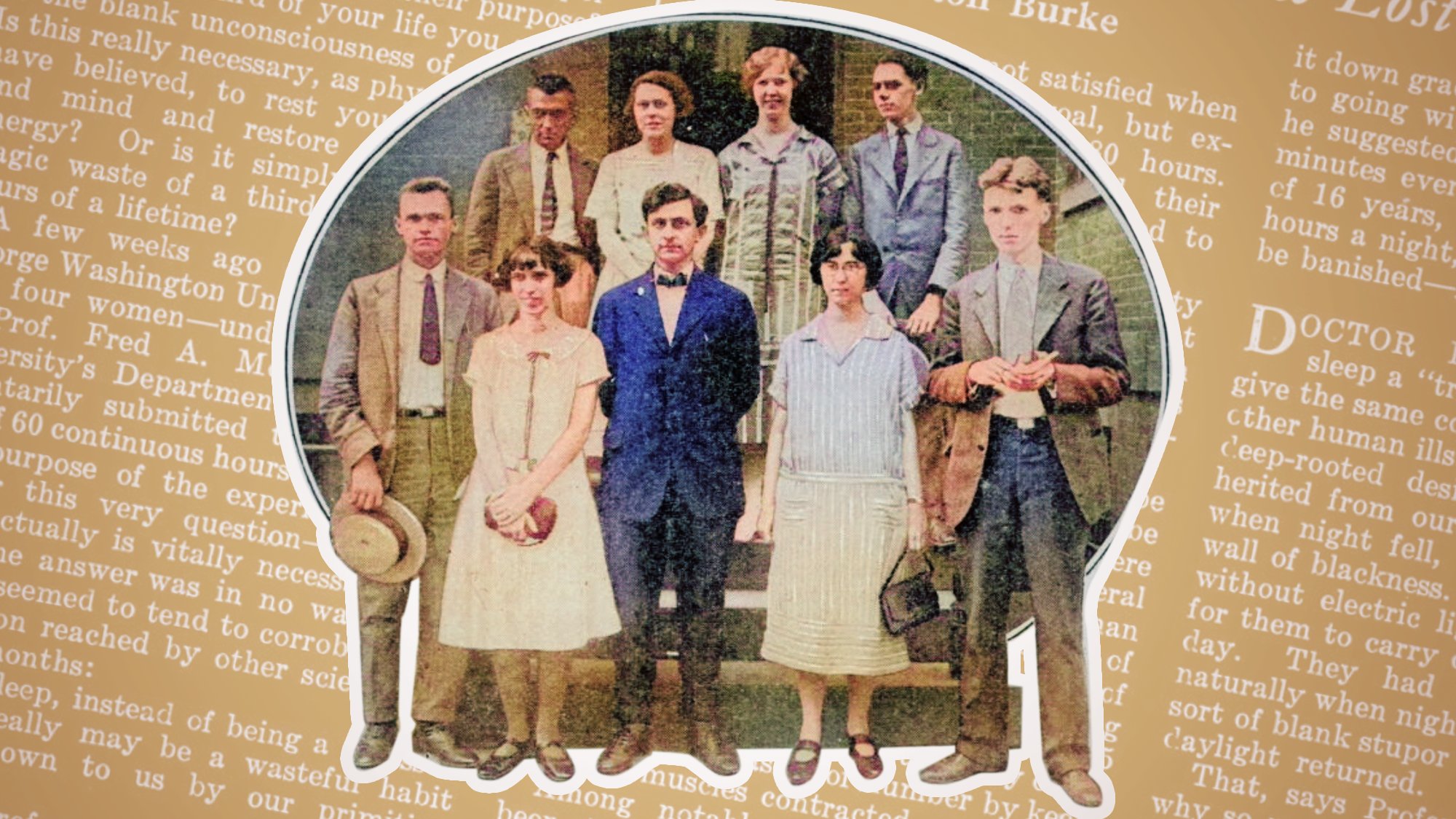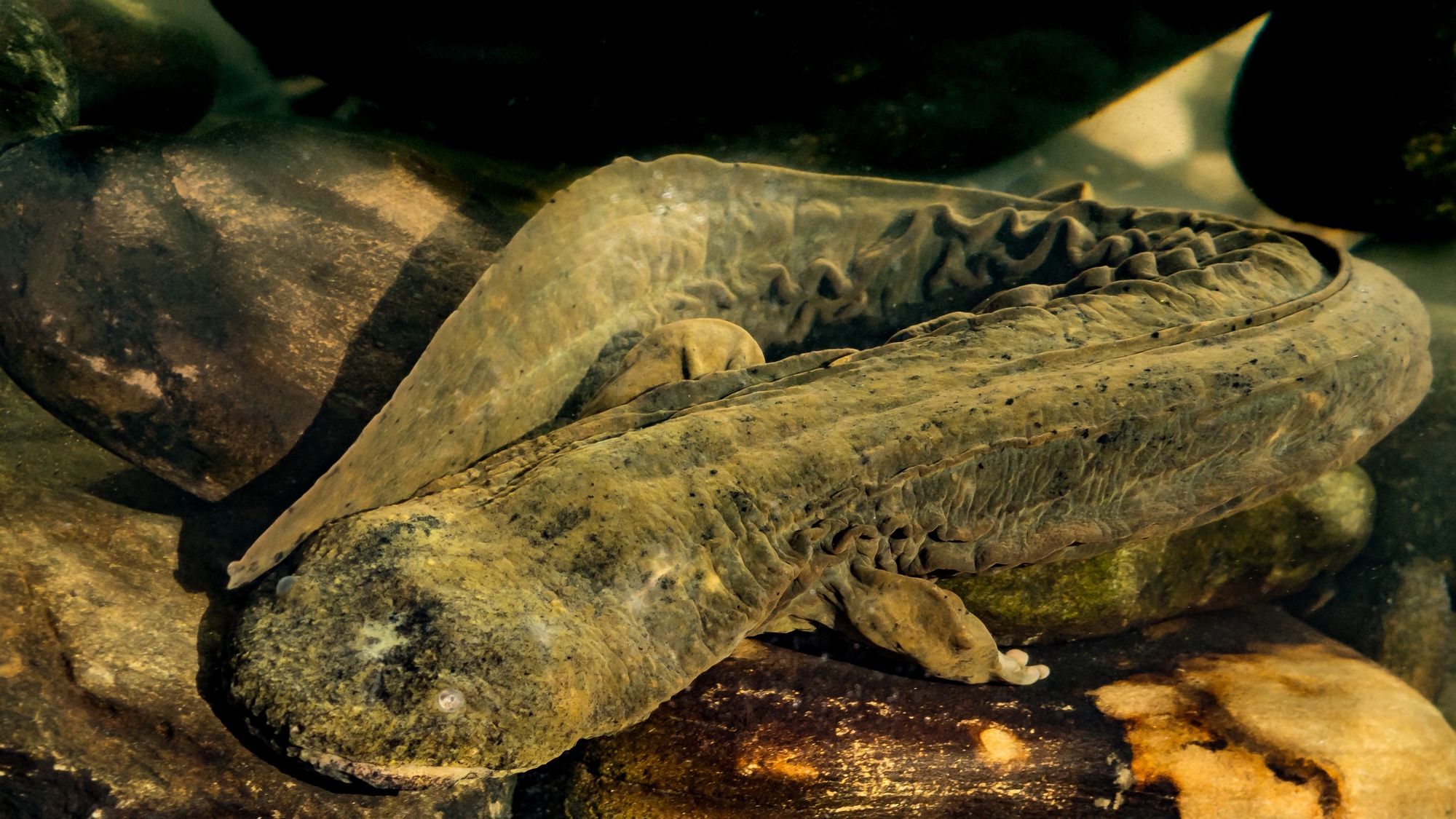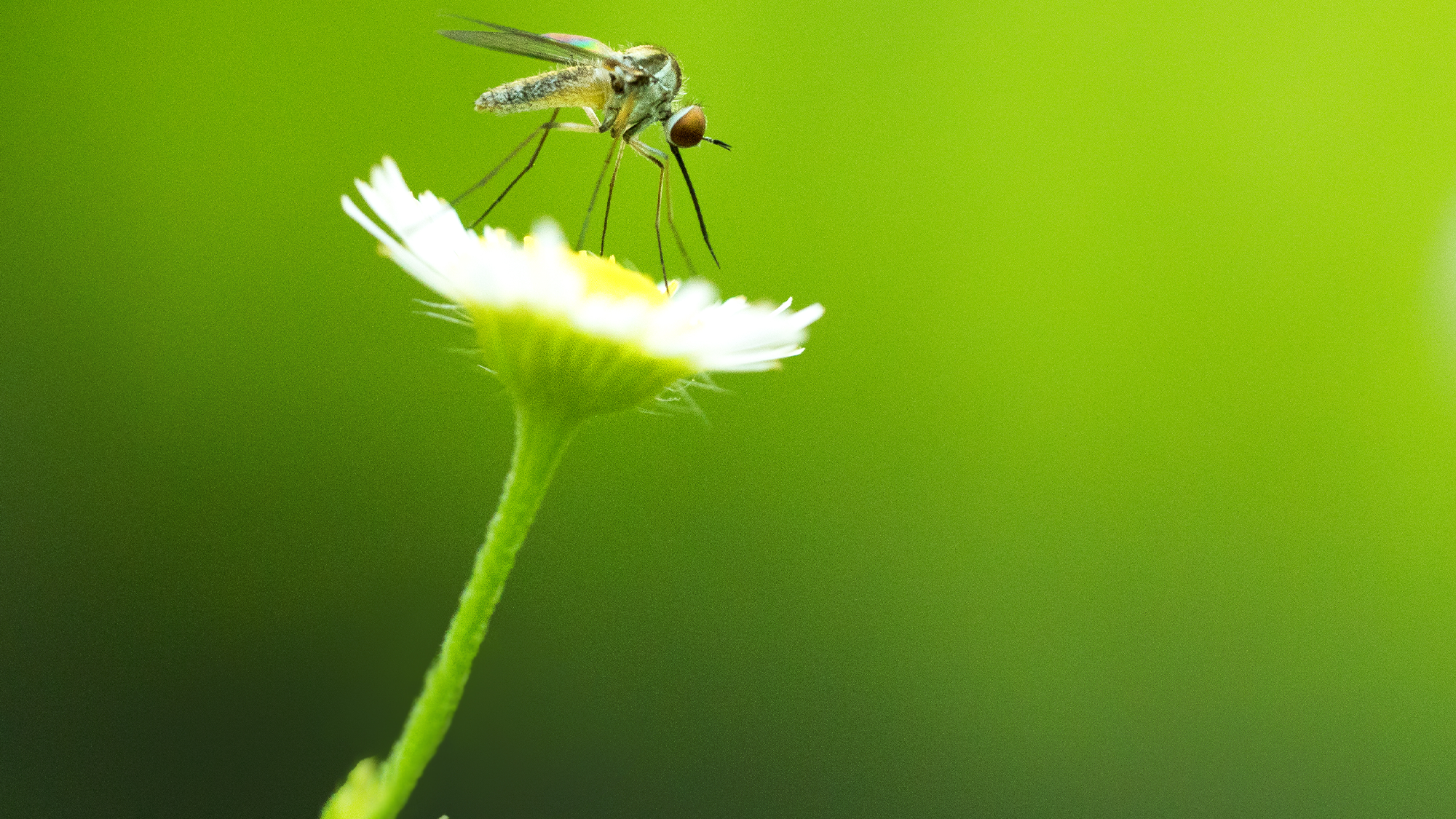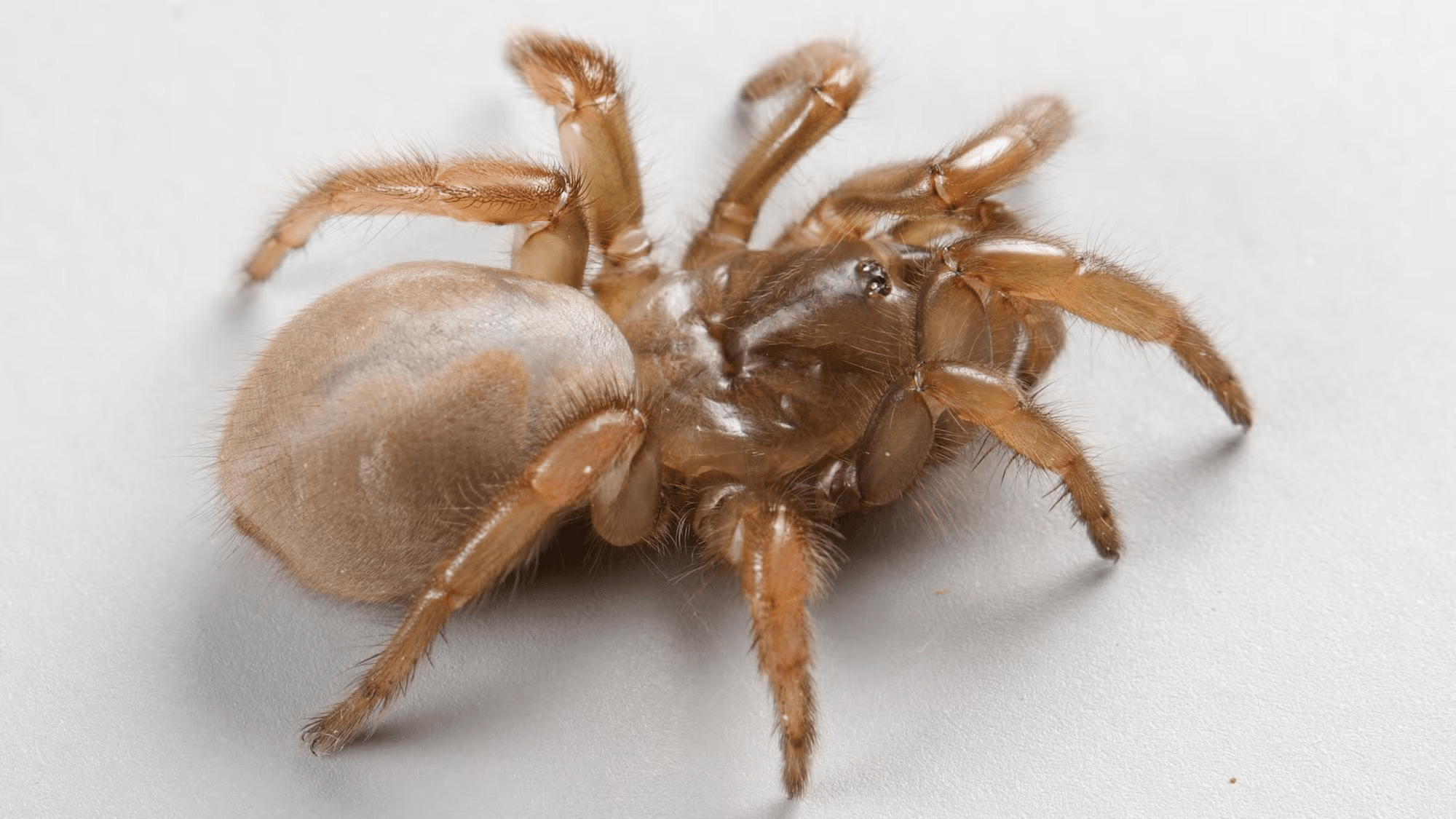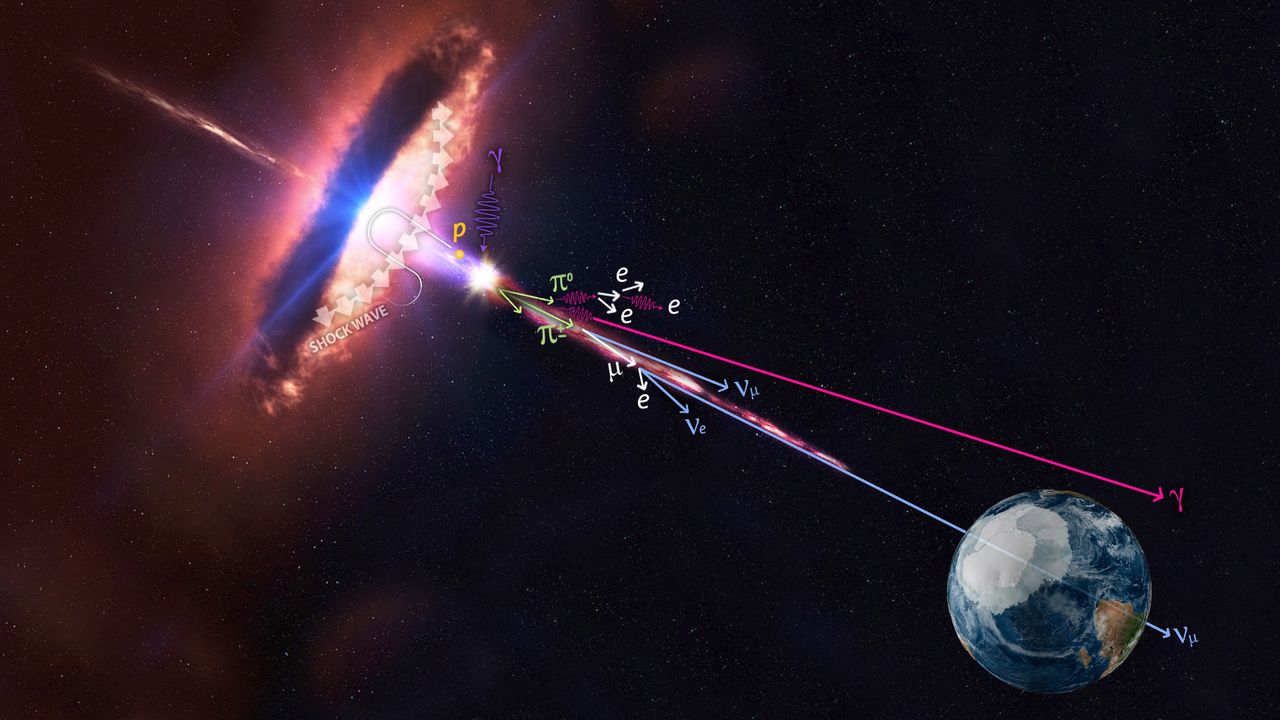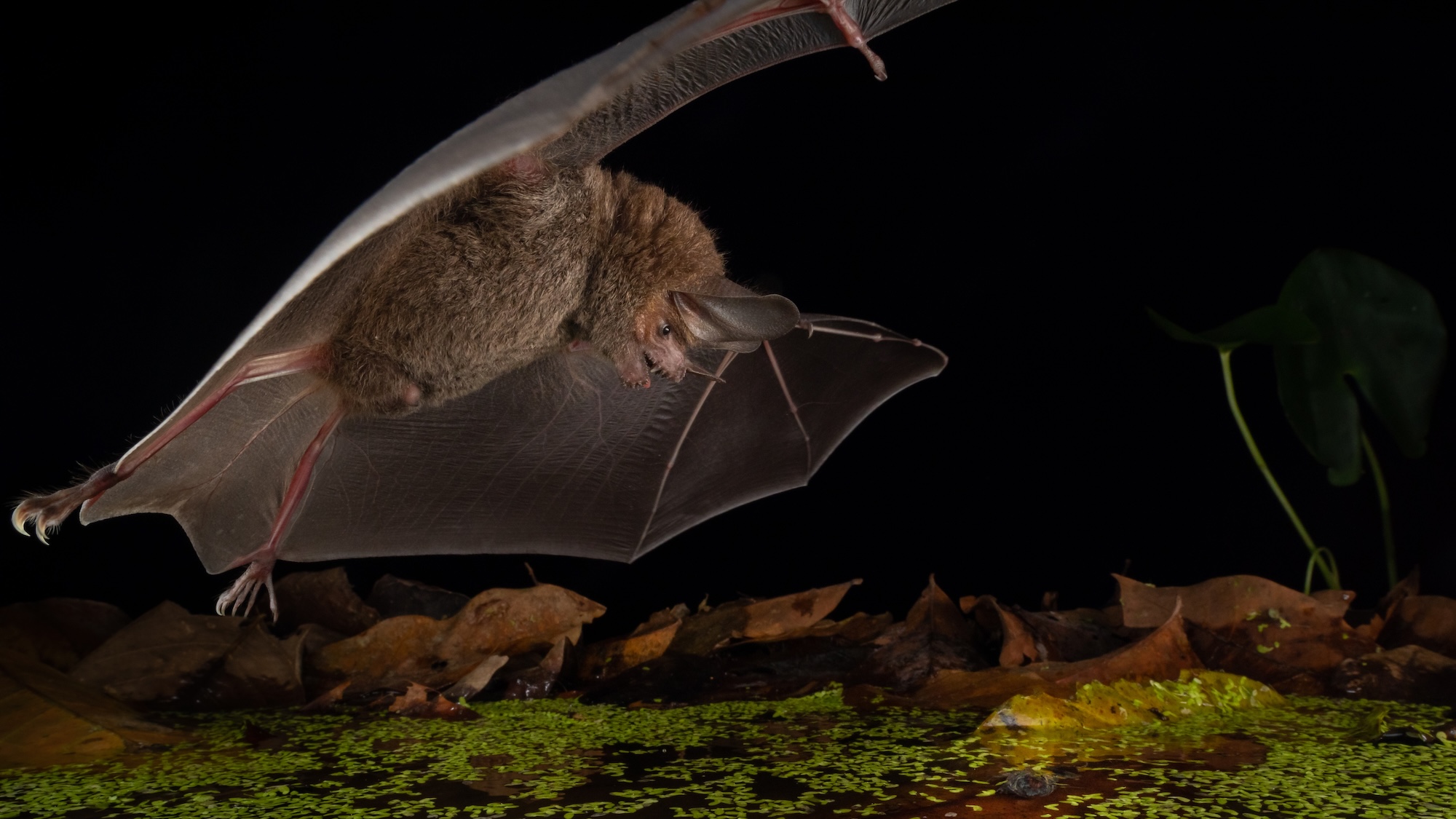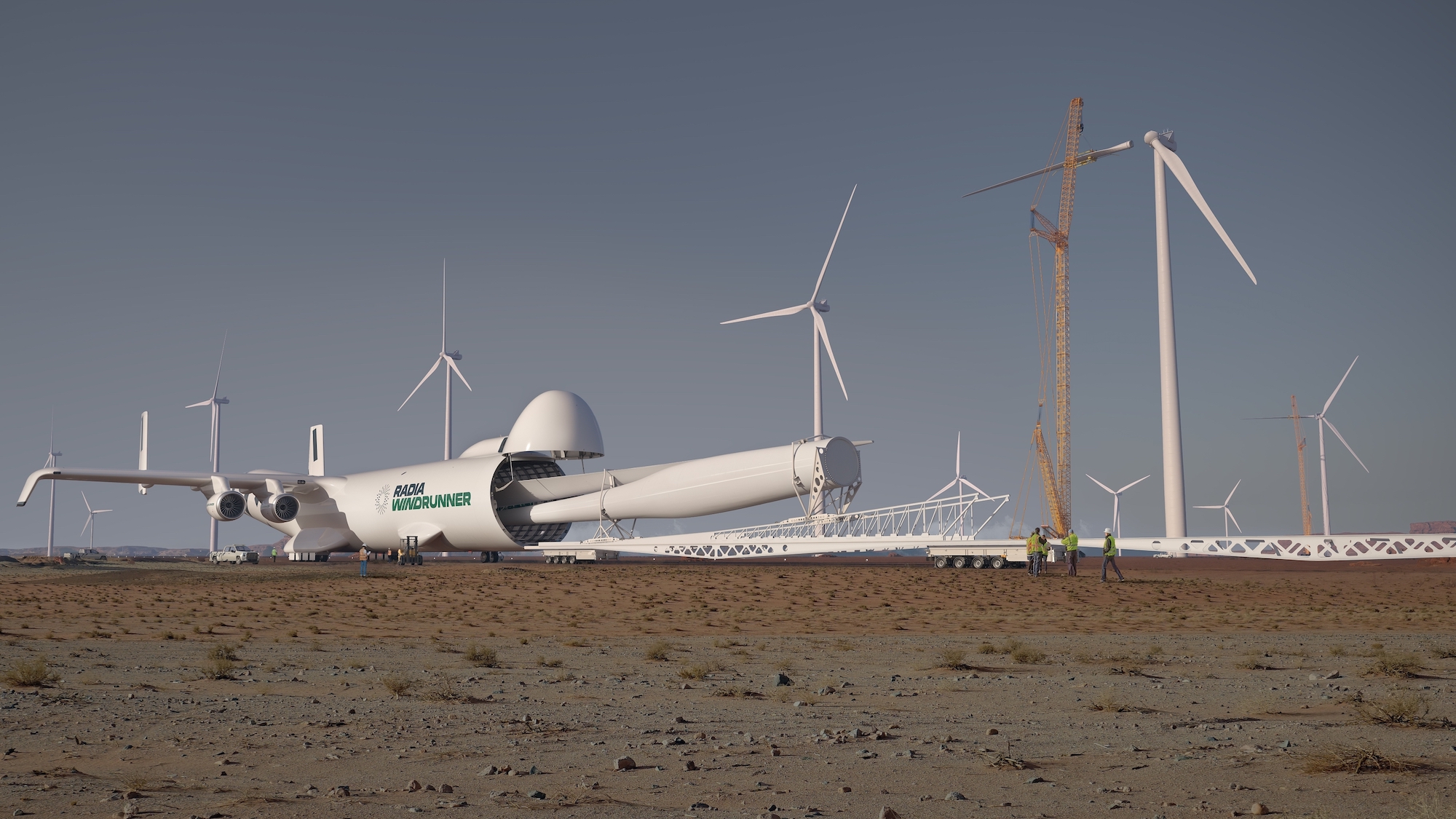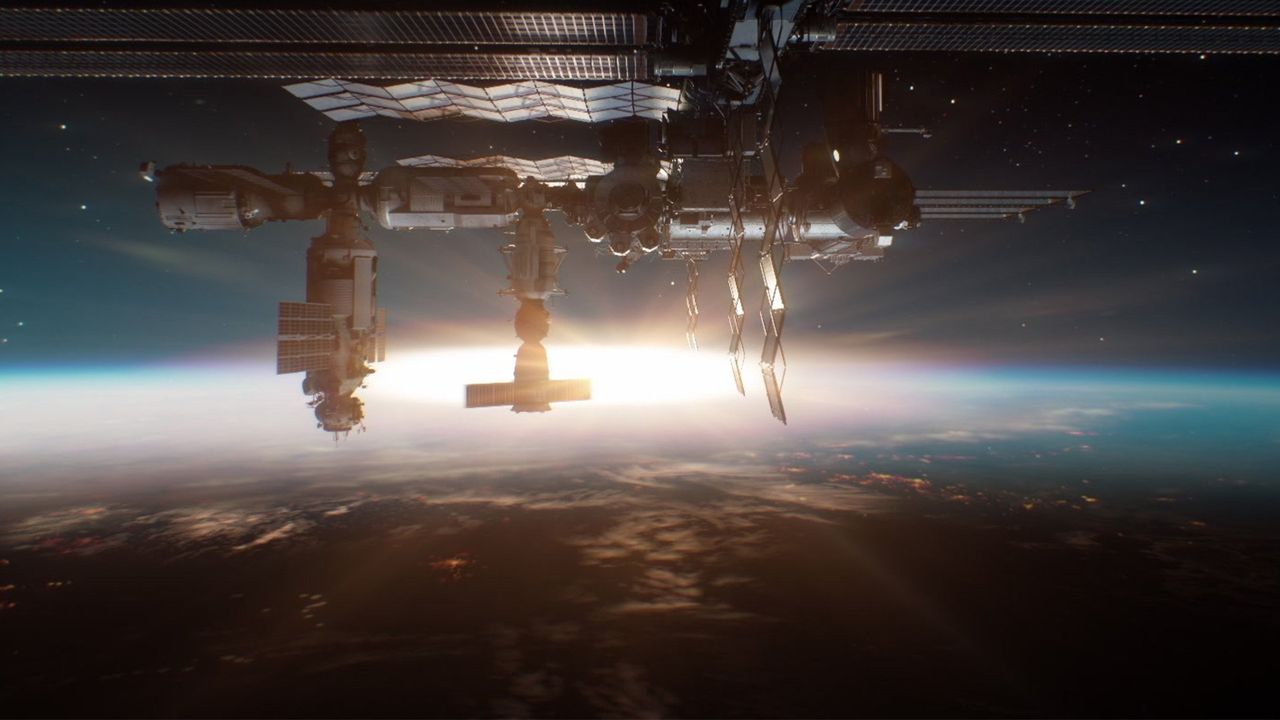Food scraps could power future airplanes
PositiveScience
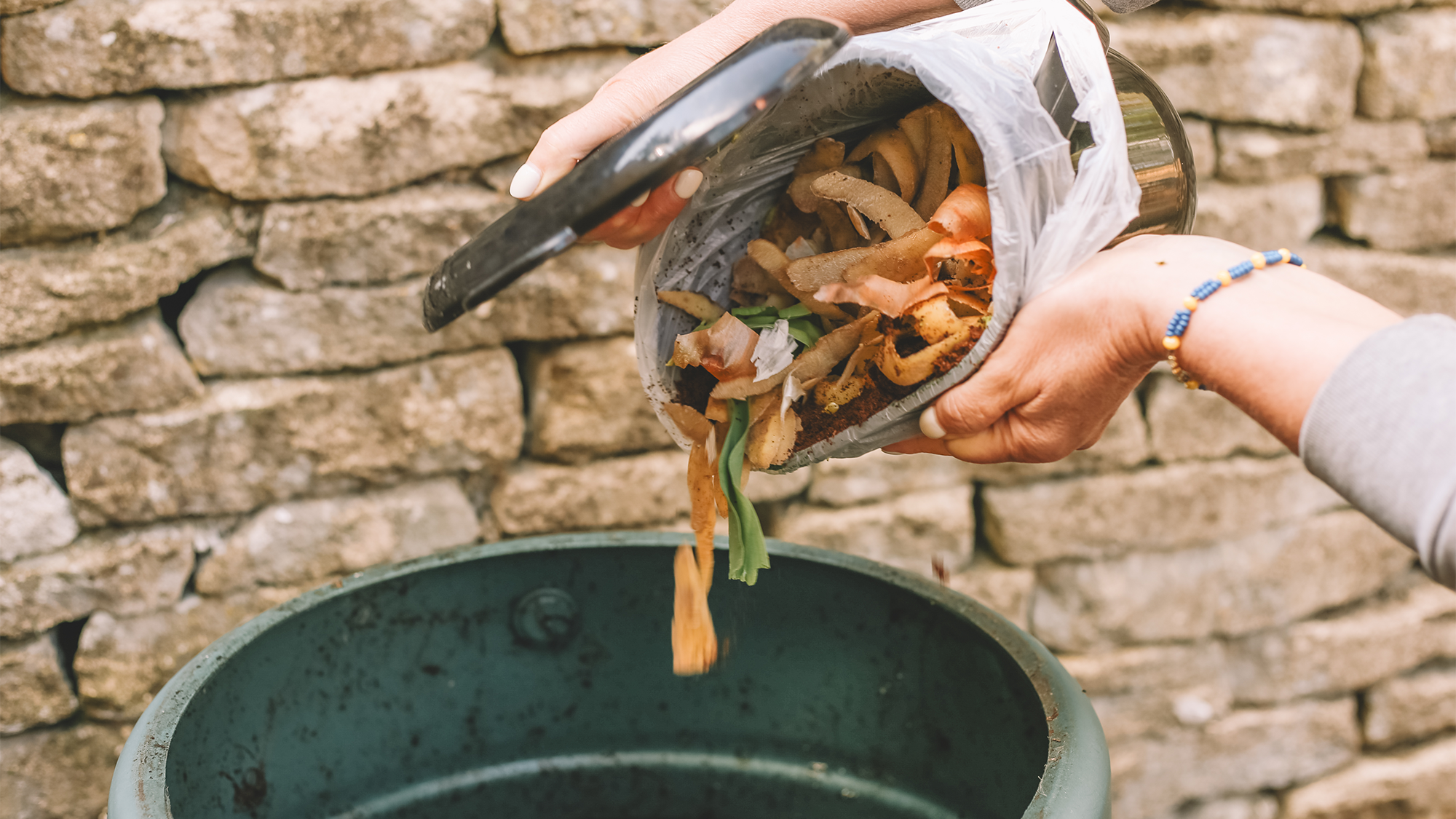
Scientists are exploring an innovative way to power future airplanes using food scraps, turning waste into a valuable resource. This breakthrough could significantly reduce the aviation industry's carbon footprint and reliance on fossil fuels, making air travel more sustainable. As the world seeks greener alternatives, this development not only addresses waste management but also paves the way for a cleaner future in aviation.
— Curated by the World Pulse Now AI Editorial System
